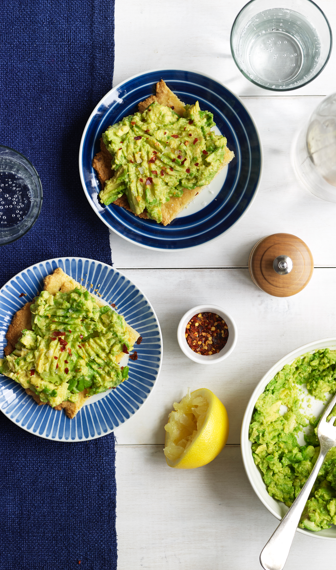Fructose used to enjoy something of a good reputation as sugars go, largely because, unlike other sugars, it doesn’t raise blood sugar very quickly. This property made it a long-standing favorite of diabetics and those who treated them. But like so much other “conventional” wisdom, this turned out to be anything but wise.
Fructose- and “steroid” version known as high-fructose corn syrup- have become “ubiqui-foods”. They’re everywhere, we consume them in insanely high amounts, and the health costs are just beginning to be recognized. New research points to some of the possible consequences.
In a recent study, overweight and obese adults were instructed to eat their usual diet along with sugar sweetened beverages. One group was asked to consume 25% of the day’s calorie requirement as a specially made beverage sweetened with glucose. The other group was given an identical beverage sweetened with fructose. Both groups were allowed to eat as little or as much of their usual diet as they wanted, but were required to drink the sugar beverages.
Not surprisingly, all subjects gained weight. But the fructose-consuming subjects gained intra-abdominal fat, whereas the glucose subjects did not.
Why does this matter? Because intra-abdominal fat- the kind that makes you more of an apple than a pear- is the most dangerous kind of fat to carry around. It puts you at greater risk for diabetes, heart disease and a constellation of symptoms called Metabolic Syndrome, an almost certain path to either heart disease or diabetes. The fructose-consuming subjects also had increases in fasting insulin and in fasting glucose, both of which are associated with a greater risk of metabolic syndrome and diabetes.
Fructose also has a significant impact on triglycerides. Triglycerides are a form of fat that makes up most of your body’s fat stores and is also found in your blood. High levels of triglycerides in the blood have long been recognized as an independent risk factor for heart disease. But in many of the previous human studies on fructose, researchers have measured fasting triglycerides, and fructose didn’t always have much effect on fasting levels. But in this study, researchers measured triglycerides after eating- what’s called a post-prandial measurement. In the fructose group, post prandial triglycerides more than doubled.
While the research is preliminary and needs to be borne out by future studies, high fructose consumption could well be setting consumers up for atherosclerosis. The overweight men and women assigned to drink the fructose-sweetened beverages developed more athrogenic lipid profiles in just two weeks.
Consider that in 2006 five different publications came out showing that adolescents, college students and adults under 50 were consuming as much as 15-20 percent of calories just from sugar sweetened beverages- and that doesn’t include the sugar calories from cakes and desserts. Most of this sugar comes from high-fructose corn syrup. Unfortunately, many so-called “energy” bars, and “healthy” snacks are frequently sweetened with high-fructose corn syrup as well.
It’s important to remember that fructose as found in Atkins-friendly foods like a fruit is not the same as man-made high -fructose corn syrup found in most snacks. Fruit contains small amounts of fructose, but in a base of fiber and antioxidants. High-fructose corn syrup is pure sweetener, with none of the benefits of fruit and a baker’s dozen of metabolic risks.
The current study is just more evidence of the importance of a low-sugar diet for optimal health—a key principle of Atkins. High glycemic (sugar) diets are associated with greater risk for metabolic syndrome, heart disease and even some cancers. And though high amounts of any sugar is bad, more and more evidence is that fructose in the form of high-fructose corn syrup is the worst of all. Remember, Atkins Advantage bars and shakes contain absolutely no high-fructose corn syrup.

